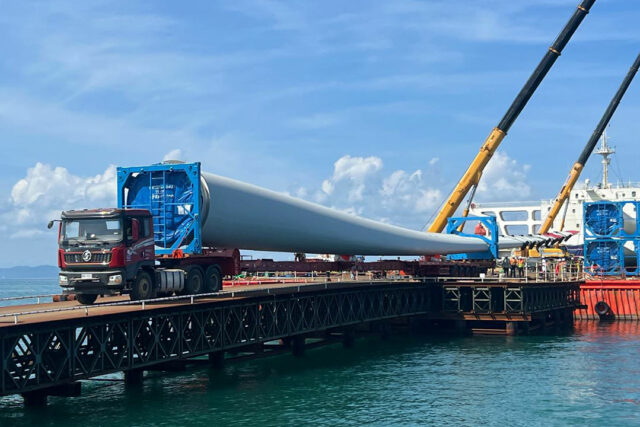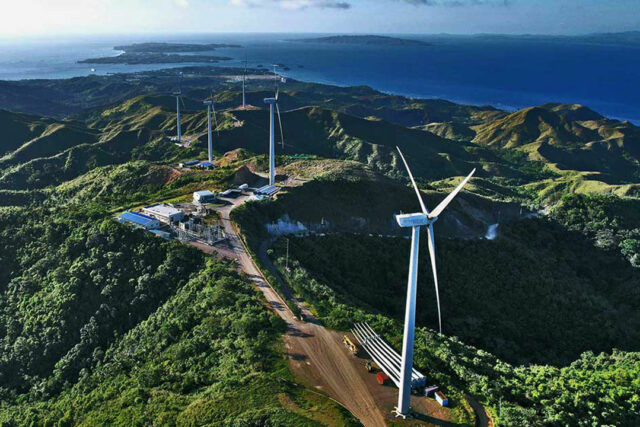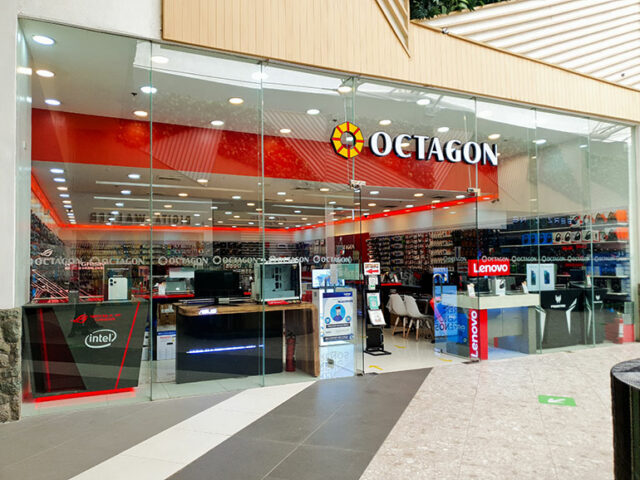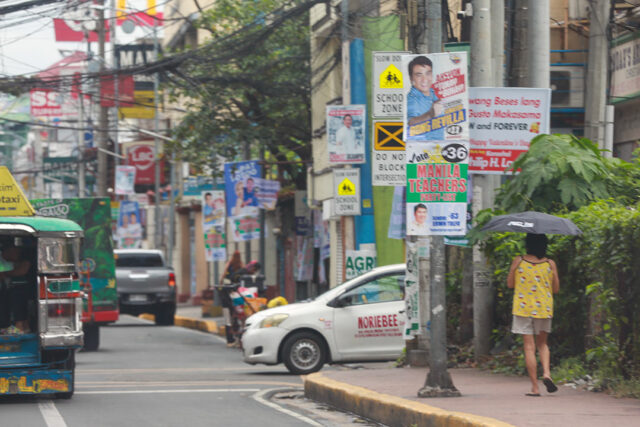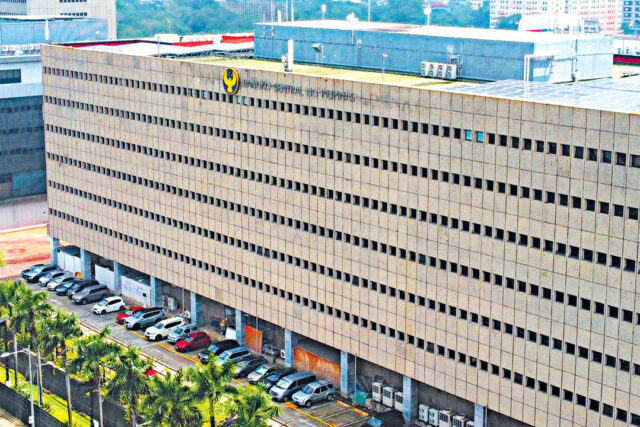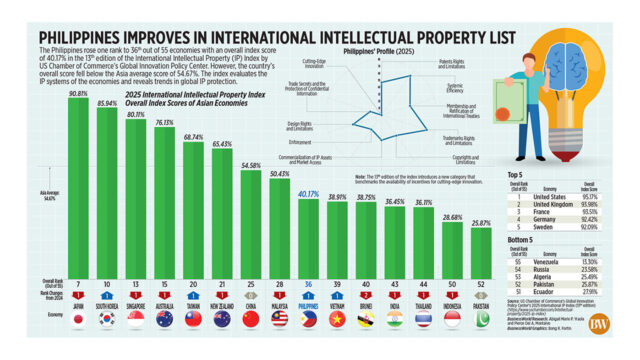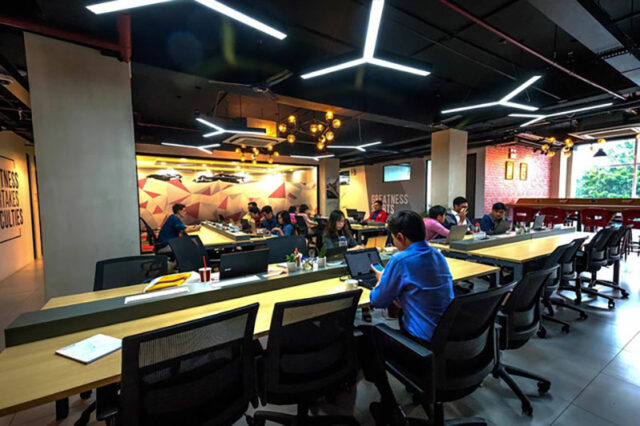Asked by a broadcast political commentator what he thought of President Ferdinand Marcos, Jr.’s senatorial slate for the 2025 midterm elections, former Senate President Franklin Drilon said with a tinge of disappointment. “It is composed of people who can sing and dance.”
I understand why he feels that way. He spent a total of 24 years in the Senate, nine of them as Senate president. He knows what qualities a senator must have to be able to perform the functions of a senator — craft laws, negotiate treaties, and judge impeached officials.
Well, based on the projections of the credible public opinion pollsters — Social Weather Stations, Pulse Asia, and OCTA Research — the dancers and singers among the current senatorial candidates are likely to win. That is because they are the idols of the bobotantes*, and the bobotantes form the great majority of the Philippine voting population. But as I wrote in my Oct. 8, 2024 column, let us not curse the bobotantes, let us instead campaign against their idols. Let us expose their idols’ limitations for legislative work.
So, let me begin the exposes.
Tito Sotto, also known as Tito Sen, had served a total of four terms in the Senate: from 1992 to 2004 and 2010 to 2022. He ties with Lorenzo Tañada and Franklin Drilon for the record for the longest-serving senator. While his record is not as distinguished as those of Tañada and Drilon, it could be said to be as memorable. Senators Tañada and Drilon are remembered for their profundity, Sotto is remembered for his paltriness.
In his first 12 years in the Senate, Sotto was hardly heard. He broke his silence during the impeachment trial of President Joseph Estrada in 2000 when he cross-examined a witness. He asked, “Can you tell this Court the telephone service provider that you use for your cellphone?” When the witness said, “Piltel,” he asked, “Digital, Analog, GSM?”
Having displayed his knowledge of the then latest technology in cellular phones, he went into a spell of silence again. But when Governor Chavit Singson testified that he brought P130 million to Estrada as a kickback from tobacco farmers, Sotto found the opportunity to get his five-second sound bite in. He asked, “How much does P130 million weigh?”
In his second 12 years in the Senate, Sotto became a bit more talkative. In 2013, he filed a bill that would mandate a 14th month bonus for all employees. He said the existing 13th month pay is not truly a bonus because there are actually 13 months in a year. “There are 52 weeks in a year, divide it by four weeks in a month. Thirteen months.”
In 2017, during the Commission on Appointment (CA) hearing on Judy Taguiwalo’s appointment as Secretary of Social Welfare and Development, Sotto asked her about her status as a single mother. “When you have children and you are single, ang tawag doon ay ‘na-ano lang’ (that is called ‘just got whatever’).” “Na ano lang” is suggestive of a momentary romantic indiscretion. Sotto was deservedly excoriated for his offensive remark.
Senators Tañada and Drilon are also remembered for their statesmanship and resolute independence; Tito Sen is known for his servility and sycophancy to the sitting president. During the impeachment trial of President Estrada, he voted “No” to the opening of an envelope believed to contain damning evidence that would have led to Estrada’s conviction and consequent removal from office.
In the impeachment trial of Chief Justice Renato Corona, he voted “Guilty,” a vote in accordance with President Noynoy Aquino’s initiative. He voted to oust Senator Leila de Lima from the Senate Committee on Justice and Human Rights, a vote in compliance with President Rodrigo Duterte’s directive.
In 1992, Senator Juan Ponce Enrile said he was not seeking reelection to the Senate because he did not relish the thought of debating with the likes of Tito Sotto, who was running for the Senate for the first time. Enrile knew that Sotto was a songwriter and comedian before entering politics.
Manny Pacquiao, like Sotto, is another former senator who seeks a return to the Senate. While Sotto is known for his silence in Senate deliberations, Pacquiao is known for his absence in Senate sessions. In June 2019, the Philippine Senate released data showing Pacquiao as having the worst attendance record among all the incumbent senators. It is a record he also set when he was in the House of Representatives. When he was criticized for his poor attendance record, he responded with, “I don’t just sit around making laws like others.”
In 2014, Pacquiao came to a PBA basketball game straight from a big fight abroad. “It’s amazing that he made it here. What a man!” gushed Tim Cone, coach of the team that beat Pacquiao’s team. “What a shame!” should have been the appropriate comment. Pacquiao should have returned instead to the halls of Congress as he was then the representative of Sarangani Province.
During his six years in the House of Representatives, he filed 20 bills, none of which passed beyond committee deliberations. Only four bills out of the 31 he filed as a senator were enacted into laws.
Like Sotto, Pacquiao is known for his servility and sycophancy. It was he who moved that the Senate declare the chairmanship and membership of the Senate Committee on Justice and Human Rights vacant. That led to the removal of Senator De Lima, President Duterte’s thorn, from the committee. He defended Paolo Duterte, son of Rodrigo Duterte, from allegations of being behind the P6.4-billion shipment of illegal drugs from China into the Philippines.
Pacquiao will most probably go down in history as the only senator of any country to win a title in any sport. Not because no senator of any country is athletic enough to win a sports title, but because no member of what is called the august body will disrobe down to his shorts before thousands of screaming fans to fight for prize money. Oh yes, he is a singer, too. He gives concerts right after his fights.
Another bobotante idol is Senator Bong Revilla who is running for re-election. His campaign message highlights his major accomplishments — the law requiring motorcycle riders to wear helmets and the law allowing students with unpaid tuition fees to take exams.
While he has served multiple terms like Sotto, his stint in the Senate is remembered more for his involvement in the Napoles pork barrel scam, which led the Sandiganbayan to issue an arrest warrant against him. He spent four years in detention.
He was acquitted of plunder and released in December 2018, but was required to return to the government P124.5 million in civil liability. He, however, has yet to return the amount.
In 2019, he ran for senator again. His campaign was no more than his dancing the “budots” before crowds. As he explained to journalists after winning, the less he talked, the less mistakes he made.
The son of actor-senator Ramon Revilla, Sr., Bong himself became an action star after finishing high school in 1982. His tremendous success as an actor made it unnecessary for him to earn a college degree.
Lito Lapid, like Bong Revilla, is an actor, a senator who has served several terms, is seeking re-election, and has been accused of graft. Unlike Revilla he was not involved in the Napoles pork barrel scam. He was, however, charged for his alleged involvement in the 2004 Fertilizer Fund scam while he was governor of Pampanga. The case was dismissed in 2016 by the Sandiganbayan due to the “inordinate delay” in the investigation.
Like Revilla, Lapid went into acting after completing high school. He graduated from stuntman to action star. His success in the film industry wiped out any thought of further studies beyond high school. That may account for his silence in the Senate Hall. He did author two laws — the law that ensures the poor of free legal service, and the law that requires the labeling of meat.
Running for the Senate for the first time is Willie Revillame, host of numerous variety shows where he sings and dances. He is widely known for his acts of charity, often giving away his trademark jackets, stacks of cash, and other prizes to audience members, participants, and individuals through his television programs and outdoor events.
President Duterte had repeatedly advised Revillame to run for senator, but he declined, giving as his reason his lack of qualification for lawmaking as he is not a lawyer. Also, he would like to focus on his current TV show, Wowowin.
But he has finally given in to the lure of the prestige, privileges, and perks of membership in the Senate. Asked about his previous concerns of lack of experience, he said it is enough for one to have a “heart open to helping others.”
Philip Salvador is another film and television actor who is running for senator. He had run for public office before, first for vice-mayor of Mandaluyong in 2001, and then for vice-governor of Bulacan in 2016. He lost in both campaigns.
In 2006, a businesswoman with whom he had a relationship filed a complaint of estafa against him. He was found guilty by a Las Piñas trial court and sentenced to 20 years in prison. As of January 2009, the case has been pending appeal with the Court of Appeals. On Jan. 21, 2009, Salvador got involved in a road rage incident. He beat up a bus driver who nearly hit his car. He later apologized.
He is the father of Joshua, the result of a romantic affair with Kris Aquino during the shooting of a movie in which the two starred. According to reports quoting Aquino, Joshua gets no financial support from him.
So, fellow advocates of good government, join my negative campaign against the dancers and singers running for senator.
*Bobotantes: a portmanteau of “bobo” or “stupid” and “botantes” or “voters.”
Oscar P. Lagman, Jr. has been a keen observer of Philippine politics since the 1950s.

